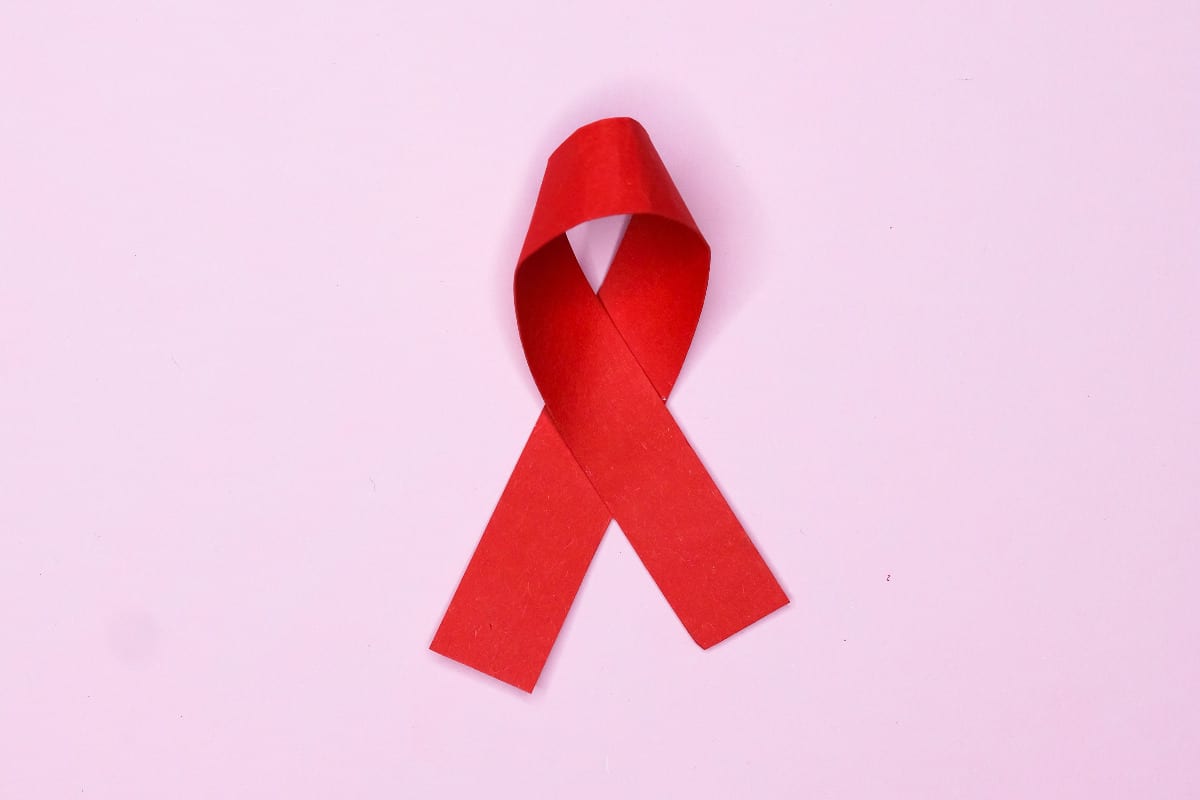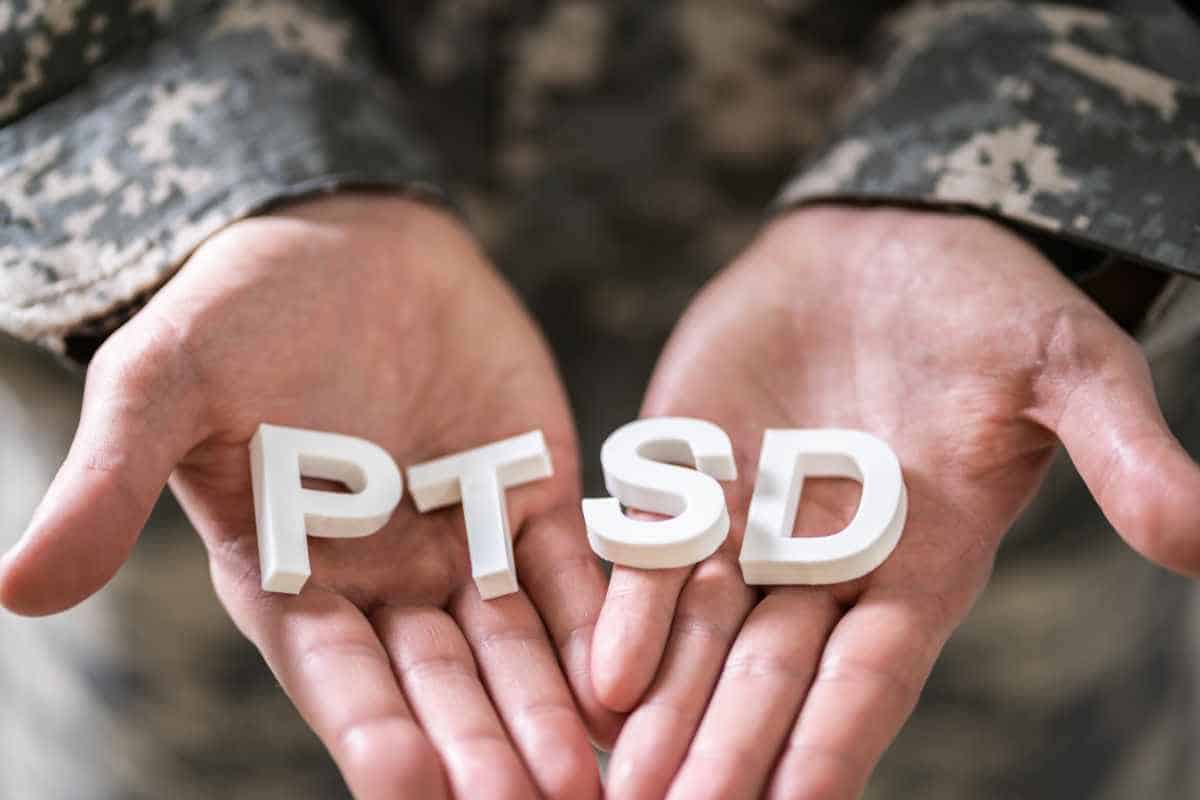Substance use can have highly damaging effects on our bodies, but for people with human immunodeficiency virus (HIV), substance use can be even more detrimental. Substance use and HIV can be devastating since abusing substances can make managing HIV and staying healthy extremely difficult. That is why it is essential for people who use substances and are living with HIV to seek treatment to help them get sober.
What is HIV and Where Did It Come From?
HIV is a virus that attacks the body’s immune system. If left untreated, HIV can lead to acquired immunodeficiency syndrome (AIDS). While there is no cure for HIV, the virus can be treated and managed. People with HIV who receive care and are compliant with treatment can live long, healthy lives.
HIV infection came from a type of chimpanzee in Central Africa. However, it may have jumped to humans as early as the 1800s. The chimpanzee version of the virus is called the simian immunodeficiency virus. The virus possibly passed to humans when people hunted them for food and came in contact with infected blood. HIV spread across Africa and has been in the United States since at least the mid to late 70s.
How Does Substance Use Help Drive the Continued Progression of HIV?
Substance use exacerbates the global HIV pandemic and serves as a co-factor at every stage of the disease:
- Transmission
- Diagnosis
- Illness trajectory
- Treatment
Substance use continues to be a powerful driver of HIV worldwide for several reasons, including:
- First, IV drug use is a risk factor for the transmission of HIV.
- Second, substance use increases the likelihood of contracting the virus through impulsive, high-risk sexual behaviors.
- Third, people using substances may engage in prostitution to get money to buy substances.
The Impact of Substance Use on HIV in the Body
Substance use negatively impacts people with HIV in numerous ways. For example, the body’s immune system is already under attack by the virus. Substance use further weakens the immune system and damages the liver, worsening infection. Unfortunately, this is not the only way substance use can worsen HIV infection. Other ways substances lead to adverse outcomes for people with HIV are:
- Studies have demonstrated that cocaine can lead to increased HIV replication and the spread of the virus.
- Meth use has been correlated with a more rapid progression from HIV to AIDS in infected people.
- Marijuana use may be associated with a more rapid progression from HIV to AIDS. However, research has yielded contradictory results.
- Morphine may increase the susceptibility of immune cells to HIV infection.
What about the effects of substance use on the brain? Can some substances even promote the virus entering the brain? Drugs can make it easier for HIV to enter the brain and cause an immune response, leading to the release of neurotoxins, causing neuroinflammation. This neuroinflammation underlies the cognitive disorders of neuroHIV. HIV accelerates the brain’s aging, and comorbid substance use may exacerbate this aging.
What Effects Can Substance Use Have On HIV Treatment?
Thanks to advances in treatment and the development of antiretroviral therapy (ART), a diagnosis of HIV is no longer a death sentence. ART is recommended for everyone with HIV and should be started as soon as possible. Although it is not a cure, ART can help people live longer and reduce the risk of HIV transmission. Unfortunately, substance use can adversely affect HIV treatment in different ways, including:
- People who use substances are often less likely to adhere to ART. Non-compliance with treatment can lead to treatment failure and drug resistance due to virus mutations.
- Drug interactions with ART medications can lead to accidental overdose or decreased effectiveness of ART.
Improving Adherence to ART in People Who Use Substances
It has been established that adherence to ART is beneficial and can help people live healthier and longer lives. How can compliance be improved in people who use substances?
- CBT and motivational interviewing can reduce substance use and improve adherence to ART
- Providing fully integrated programs focusing on substance use treatment, mental healthcare, and HIV treatment could improve ART adherence.
- Treatment with buprenorphine or methadone has been shown to improve ART adherence among people who use opioids IV.
- Getting HIV-positive people into effective substance use disorder (SUD) treatment
- Implementing the Seek, Test, Treat, and Retain (STTR) Model of Care
Start Treatment Today
For people with HIV who are also abusing substances, the importance of beginning SUD treatment and ART cannot be overstated. Maintaining sobriety can improve overall health and boost the immune system. Stopping substance use can improve the chances of continuing ART leading to improved HIV treatment outcomes.
SUD treatment can also help people with little to no social support to develop a support system within the recovery community. This can help them to stay sober. Treatment facility staff, such as social workers, case managers, and discharge planners, can assist with helping HIV-positive patients. They can help with access to community resources that offer assistance to people living with HIV. A strong support system and help from community resources can vastly improve a person’s chances of maintaining sobriety and continuing ART. Do not wait. Get help today.
With the advances in treatment for HIV, people with the virus are living longer, healthier lives. However, people living with HIV and using substances are at higher risk for adverse outcomes. At Sober Life, patients with HIV and the use of substances are one of the populations we specialize in treating. At each level of care, we will work with patients to develop an individualized plan of care to meet their unique needs.
Our programs are strength-based and resiliency-focused, and patients have the opportunity to practice skills in the real world. Once treatment is completed, Sober Life’s support is still available through our alumni program. Call Sober Life today at (619) 542-9542 for more information about our programs.












